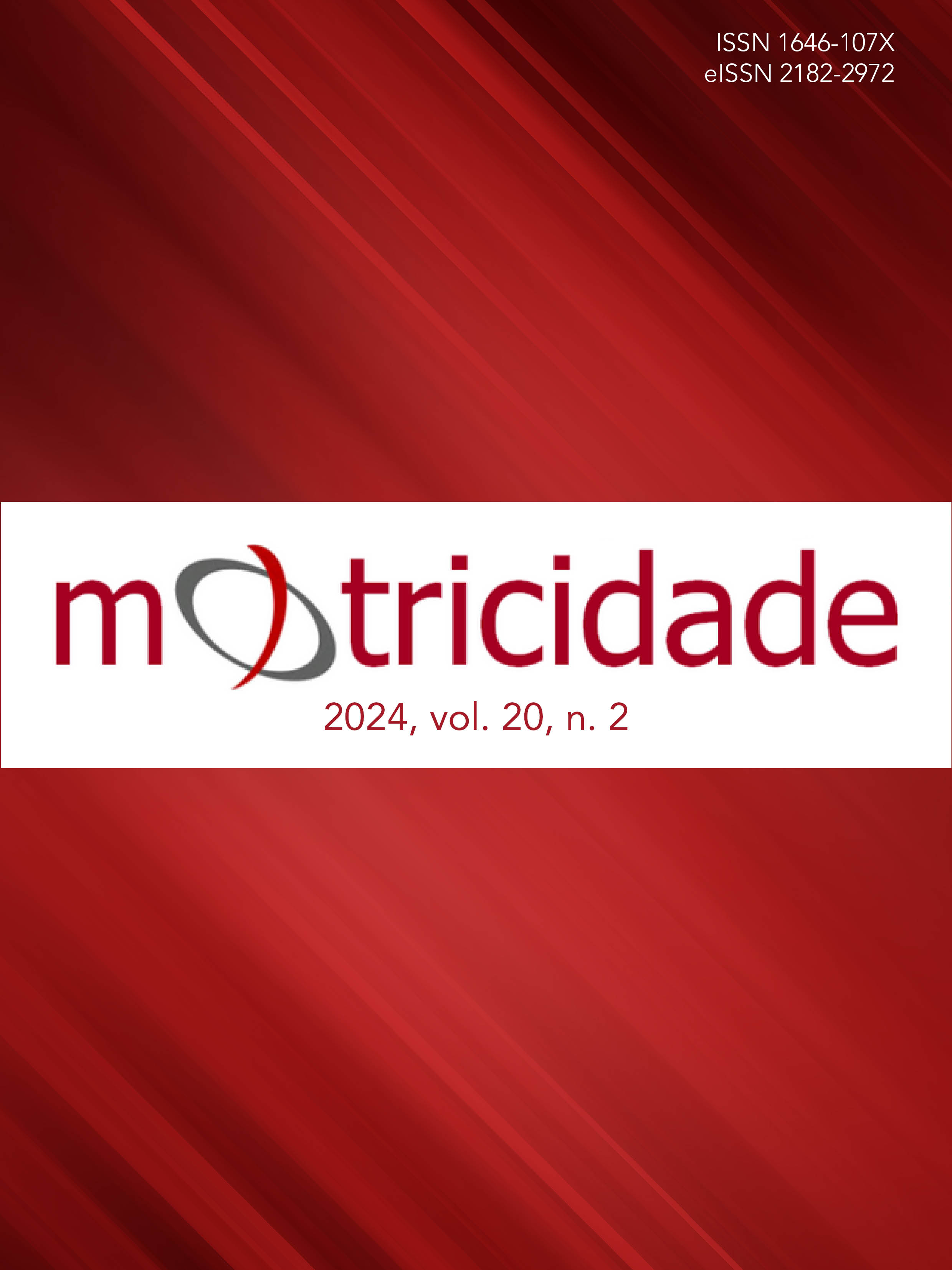Cognitive Stimulation and Dementia: Traditional Interventions vs. Computer-Based Methodologies
DOI:
https://doi.org/10.6063/motricidade.29459Palavras-chave:
computer-based assistive technology, cognitive stimulation, dementia, healthy older adults, older adultsResumo
We aim to examine the role of cognitive stimulation interventions applied to healthy older adults or older adults with mild-to-moderate dementia. The most important benefits and differences between using these programs without computerised tasks compared to computer-based assistive technologies are also addressed. We conducted a literature review which includes empirical studies in the cognitive stimulation field, applied to healthy older adults or in participants with some type of dementia. All studies include cognitive stimulation intervention using traditional methods or computer-based assistive technology. We included a total of 35 studies in our review. In general, our findings provide support for applying cognitive stimulation programs, using traditional methods or computer-based assistive technology, specifically for older people with dementia. However, we found heterogeneity regarding methods, design of intervention, and procedures in both types of methodology.
This review adds value towards a systematisation of heterogeneous data existing in this field. However, it remains difficult to perform unbiased comparisons. Future studies should provide a comparative assessment of the effectiveness of cognitive stimulation programs using computer-based assistive technology involving older adults at various stages of dementia, as well as the efficacy and reliability of this type of intervention, practical effects and the potential to delay or prevent dementia.
Downloads
Publicado
Edição
Secção
Licença
Os autores dos manuscritos submetidos para publicação deverão ceder, a título integral e permanente, os direitos de autor (copyright) à revista Motricidade e às Edições Sílabas Didáticas. A cedência de direitos de autor permite a publicação e divulgação do artigo em formato impresso ou eletrónico e entrará em vigor a partir da data de aceitação do manuscrito. Os autores concedem, ainda, os direitos para a revista Motricidade utilizar e explorar o respetivo artigo, nomeadamente para licenciar, ceder ou vender o seu conteúdo a bases de resumos/indexação ou outras entidades.
Nos termos da licença “Creative Commons”, os autores poderão reproduzir um número razoável de exemplares para uso pessoal ou profissional, mas sem fins comerciais. Nos termos da licença SHERPA/RoMEO, os autores poderão, ainda, disponibilizar/arquivar uma cópia digital final (versão postprint) do artigo no seu website ou no repositório científico da sua instituição.


